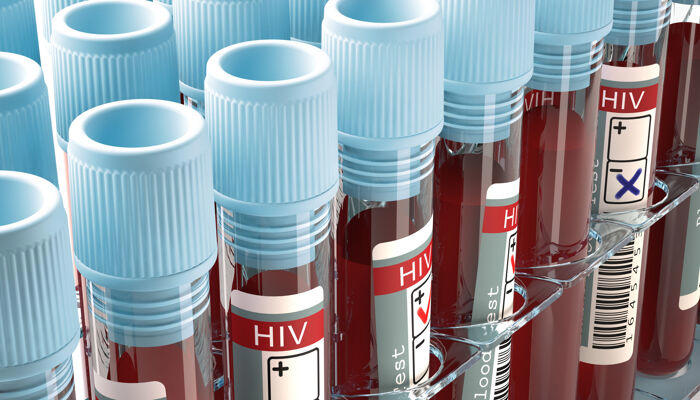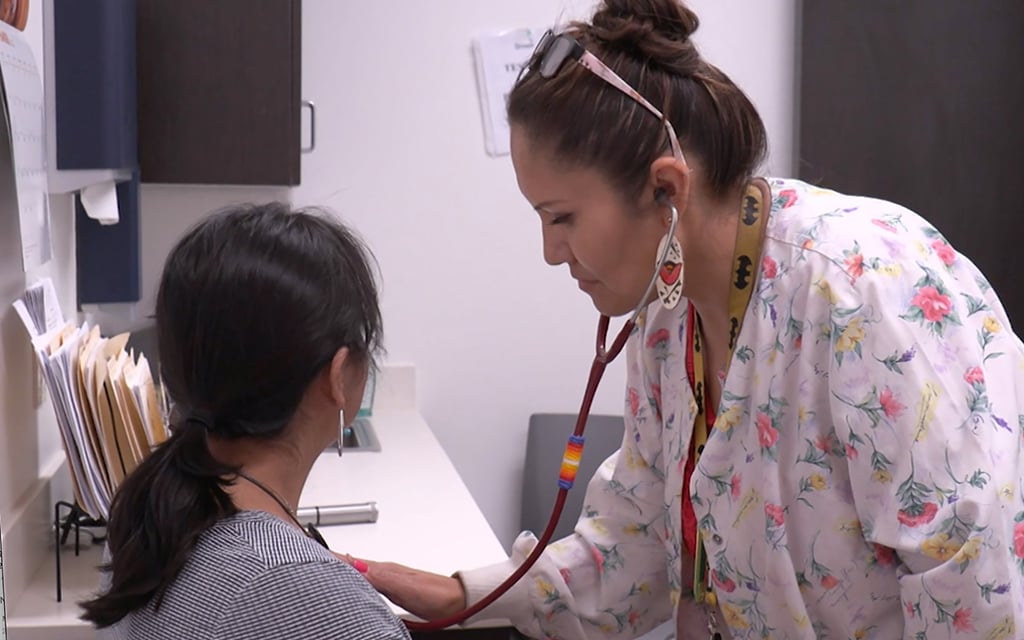According to new CDC data, social and economic marginalization increases transgender women’s HIV risk. The CDC’s Morbidity and Mortality Weekly Report linked labor discrimination, housing instability, and transgender women’s high HIV rates in the U.S.

The Link Between Discrimination and HIV Risk
The CDC’s analysis of data from over 1,600 transgender women in seven U.S. cities revealed alarming trends. A staggering 42 percent of participants tested positive for HIV, with Black transgender women bearing the highest burden at 62 percent. The study also found a pervasive pattern of anti-trans discrimination, and transphobia, with nearly 70 percent of participants reporting such experiences within the past year.
Transgender women, especially those of color, face multifaceted challenges, including employment and housing discrimination. The lack of economic opportunities not only perpetuates financial hardship but also forces some individuals into survival sex work, increasing their vulnerability to HIV transmission.
Moreover, the report highlights the intersectionality of structural stressors, such as homelessness, with HIV risk. Nearly a third of participants reported experiencing housing instability, further exacerbating their susceptibility to HIV infection.
READ ALSO: Iowa’s MOMS Program: Navigating Controversy and Support for Maternal Health
Calls for Comprehensive Support and Policy Change
The CDC’s findings emphasize the urgent need for targeted interventions and policy reforms to address the intersecting factors driving HIV disparities among transgender women. Researchers urge policymakers to prioritize civil rights legislation and tailor HIV prevention programs to the unique needs of this vulnerable population.
Health advocates emphasize comprehensive approaches that address socioeconomic determinants of health, like poverty and healthcare access, in response to the research. Policymakers can reduce structural HIV risk in transgender people by focusing on their voices and experiences.
READ ALSO: Short RNAs Linked to Neuron Death Uncovered in Alzheimer’s, Opening New Treatment Avenues



